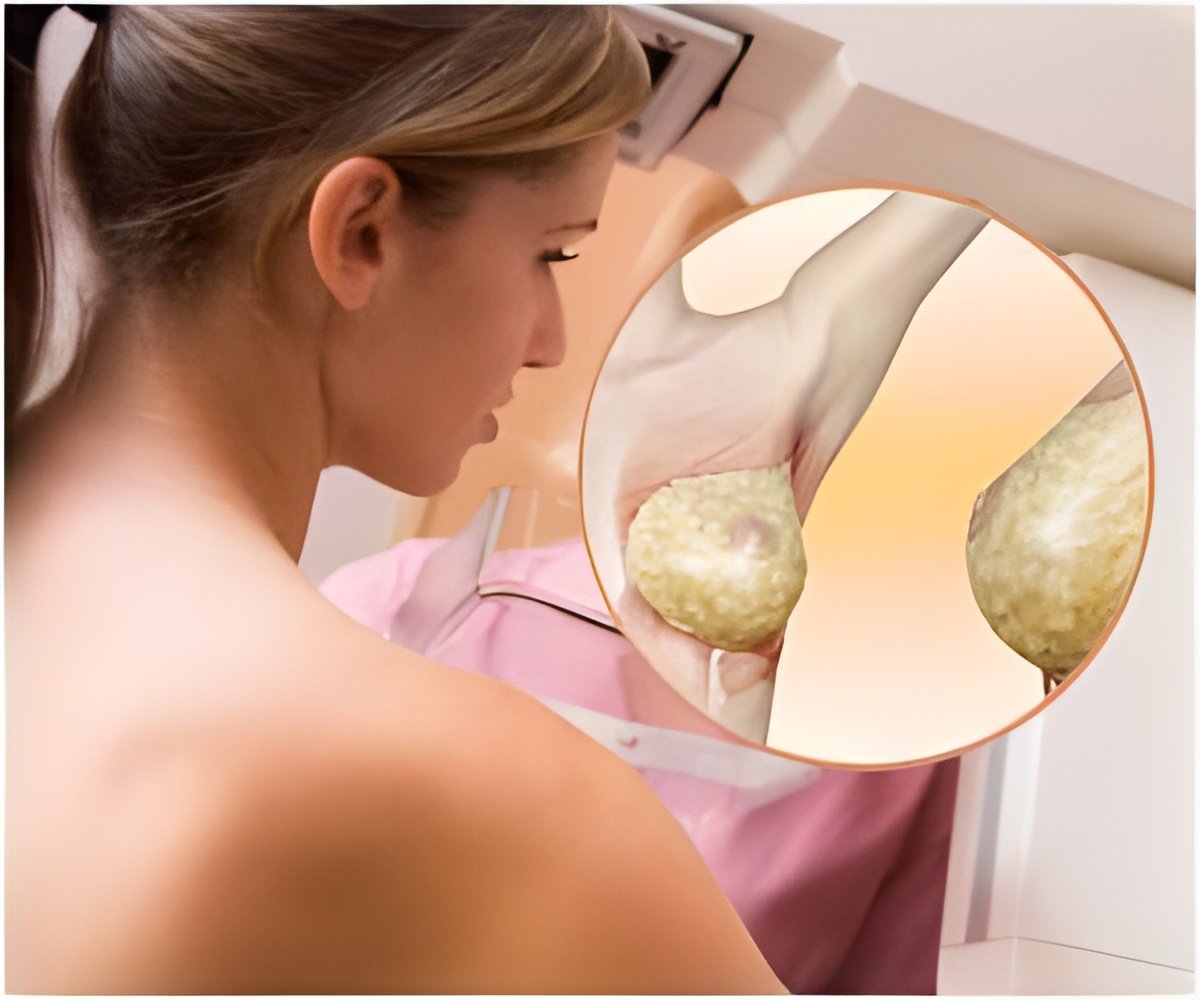Breast cancer survivors who carry the BRCA1 or BRCA2 genetic mutation are at high risk for developing breast cancer in the other breast, according to data presented at the 2011 CTRC-AACR San Antonio Breast Cancer Symposium, held Dec. 6-10, 2011. The study also found that certain women within this group of carriers are at an even greater risk based on age at diagnosis and first tumor status.
"Our studies show that certain subgroups of women [with this mutation] who have already had cancers are also at risk for developing a second new cancer in their other breast, much more so than survivors who do not carry the mutation," said Alexandra J. van den Broek, M.Sc., a doctoral candidate at the Netherlands Cancer Institute. "Our study is, as far as we know, the first study showing that within certain carriers of BRCA mutations, subgroups with an increased or decreased risk for contralateral breast cancer (CBC) can be made."
Researchers surveyed 5,061 women diagnosed with unilateral, invasive breast cancer at 10 hospitals in the Netherlands. Two hundred eleven women (4.2 percent) were carriers of the BRCA1 or BRCA2 mutation. Overall, at a median of 8.4 years of follow-up, 8.6 percent of participants developed CBC.
Van den Broek and colleagues found that the overall 10-year risk for developing CBC in noncarriers was 6.0 percent, while risk for carriers was 17.9 percent.
For carriers diagnosed with their first breast cancer when aged younger than 40 years, the 10-year risk for CBC jumped to 26.0 percent. For carriers between the ages of 40 and 50 years at first diagnosis, the risk was 11.6 percent. In addition, mutation carriers with a triple-negative first tumor had a 10-year cumulative CBC risk of 18.9 percent compared with 11.2 percent among carriers with a non-triple-negative first tumor.
Although these numbers can be overwhelming to carriers who have already survived breast cancer, van den Broek said it is crucial to know who is most at risk and by how much.
"Guidelines for prophylactic measures and screening in the follow-up of patients with breast cancer carrying the BRCA1 or BRCA2 mutation are important to provide patients with the best information and counseling," she said. "If these results are confirmed, [it will be] possible to personalize the guidelines for these specific subgroups."
Advertisement
The next step will be to confirm the results in larger studies and to look at other factors that define subgroups of patients with an increased or decreased risk for CBC.
# # #
Advertisement
The mission of the CTRC-AACR San Antonio Breast Cancer Symposium is to produce a unique and comprehensive scientific meeting that encompasses the full spectrum of breast cancer research, facilitating the rapid translation of new knowledge into better care for patients with breast cancer. The Cancer Therapy & Research Center (CTRC) at The University of Texas Health Science Center at San Antonio, the American Association for Cancer Research (AACR) and Baylor College of Medicine are joint sponsors of the San Antonio Breast Cancer Symposium. This collaboration utilizes the clinical strengths of the CTRC and Baylor and the AACR''s scientific prestige in basic, translational and clinical cancer research to expedite the delivery of the latest scientific advances to the clinic. The 34th annual symposium is expected to draw nearly 8,000 participants from more than 90 countries.
Source-Newswise














